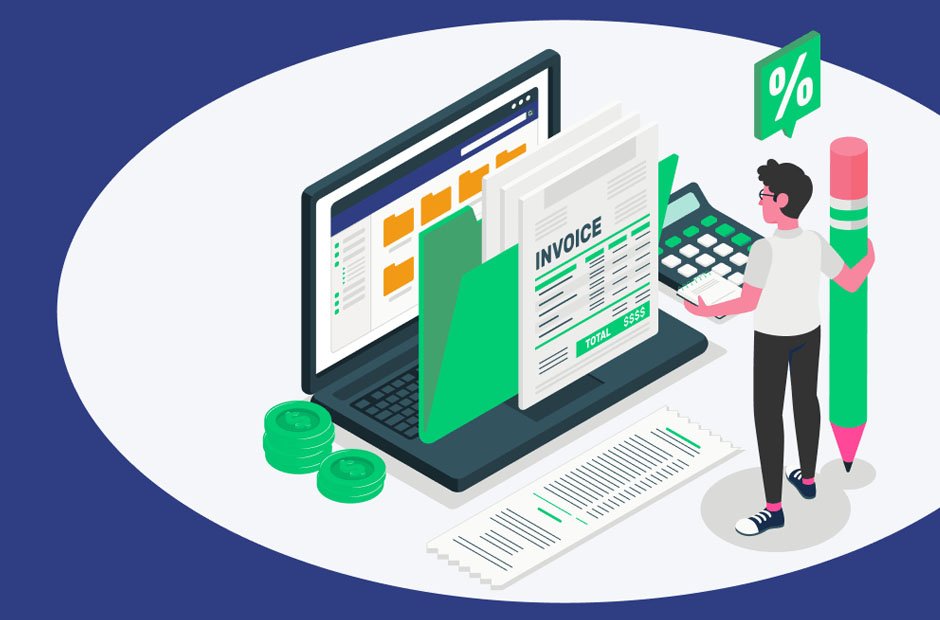Selecting the right property management software can significantly streamline your real estate business operations and improve efficiency. With an array of options available in the market, making an informed decision is crucial. This article will explore finding the best property management software by evaluating various essential factors.
Table of Contents
Assess Your Property Portfolio
Before diving into property management software, evaluating your property portfolio is vital. Begin by determining the number of properties you manage and the type of properties in your portfolio. Whether residential, commercial, or mixed-use, understanding your portfolio’s specifics will help you narrow down software options that cater to your needs.
Define Your Business Goals
Consider your business goals and what you aim to achieve with property management software. Are you looking to streamline rent collection, optimize maintenance schedules, or enhance tenant communication? Defining your objectives will assist you in selecting software that aligns with your specific goals.
Budget Constraints
The selection of the appropriate property management software is significantly influenced by budget considerations. Different software solutions come with varying pricing models. Some charge a monthly subscription fee, while others require an upfront payment or charge per unit. Analyze your budget constraints and find software that offers the features you need within your financial limits.
Feature Requirements
Every property management software offers a unique set of features. Identify the functionalities that are essential for your business operations. Standard features include tenant screening, lease management, accounting, maintenance tracking, and communication tools. Prioritize these features based on your needs.
User-Friendly Interface
An intuitive user interface is crucial in ensuring you and your team can navigate and utilize the software efficiently. Seek out software that provides a user-friendly dashboard and straightforward menus, as a thoughtfully designed interface can lead to time savings and a smoother learning curve for your staff.
Scalability
Consider the scalability of the property management software. Your business may expand over time, and it’s essential that the software can grow with you. Ensure that your chosen software can handle increasing properties and users without compromising performance.
Integration Capabilities
Efficient property management often involves integrating various tools and systems. Verify if the software can smoothly incorporate with your existing applications, including accounting software, CRM systems, and online listing platforms. Integration capabilities can improve data accuracy and streamline processes.
Support and Training
Adequate customer support is of utmost importance when addressing software-related concerns or inquiries. Research the support options provided by the software vendor, such as phone support, email support, or online resources. Additionally, consider whether they offer training or tutorials to help you and your team become proficient users.
Security and Compliance
Property management software deals with sensitive tenant information and financial data. Ensure the software complies with industry regulations and offers robust security measures like data encryption and regular backups. Protecting your data and your tenants’ information is of utmost importance.
User Reviews and Recommendations
Lastly, read user reviews and seek recommendations from other property managers with experience with the software you’re considering. Honest feedback from industry peers can provide valuable insights into the software’s performance, reliability, and overall satisfaction.
Conclusion
Finding the best property management software requires careful consideration of your portfolio, business goals, budget, and feature requirements. A user-friendly interface, scalability, integration capabilities, support, security, and positive user feedback are all essential factors to evaluate when deciding. Through comprehensive research and a thorough evaluation of your unique requirements, you can make a well-informed decision that boosts the effectiveness and prosperity of your property management initiatives.










